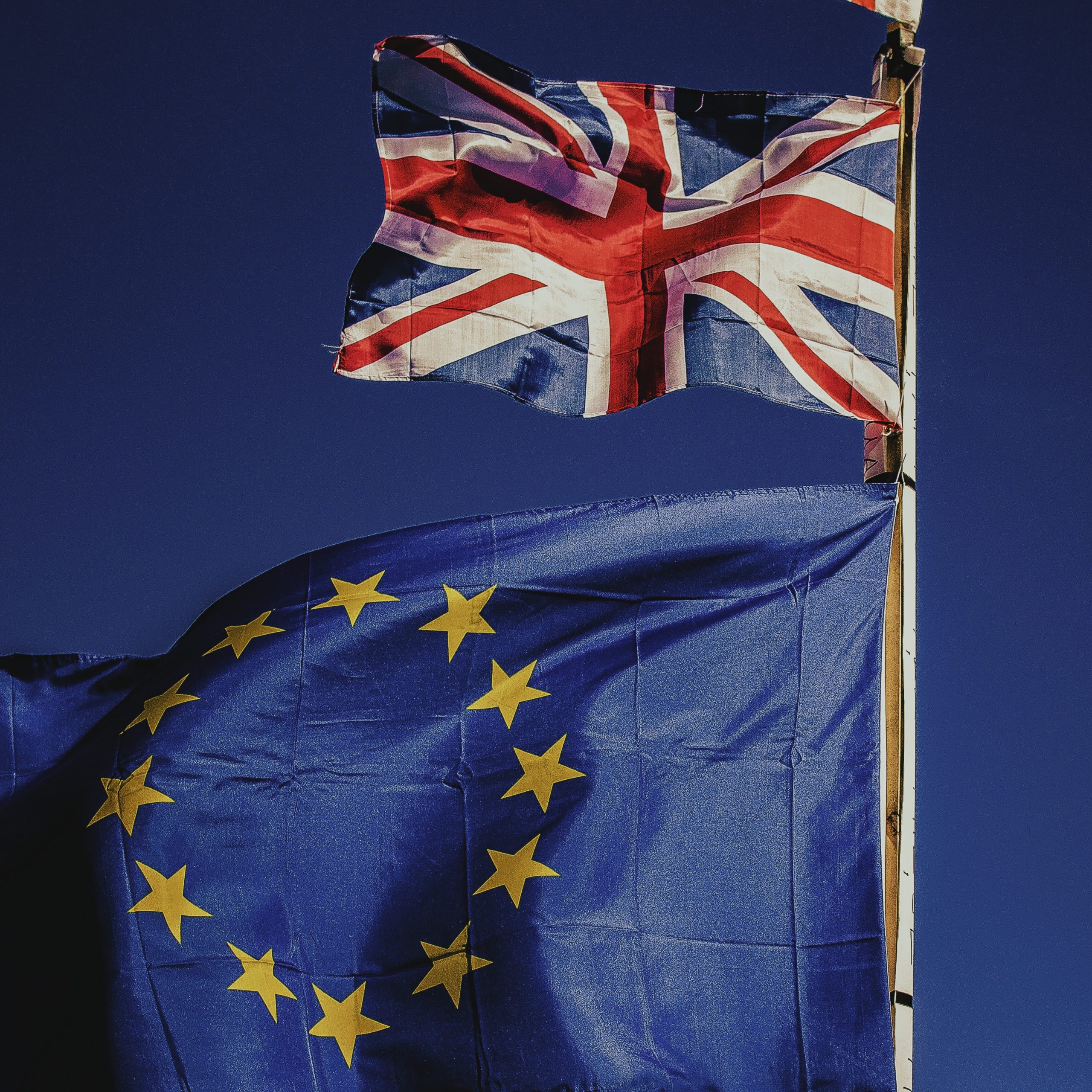latest
What could a no-deal Brexit mean for health and social care?
There were several revelations last week that underlined the tricky state of health and social care in the UK just now.
First, Carers UK published its research showing that some 600 people a day leave their jobs because of the pressures of caring for an elderly, ill or disabled relative . The Public Accounts Committee in Parliament also warned about a crisis of overspending by local authorities driven by increasing demand for social care for adults and children. Meanwhile, Age UK shared its estimate that 54,000 people have died “waiting in vain for care” in the 700 days since the Government said it would publish its adult social care Green Paper.
It is against this backdrop that Brexit options are being discussed in Westminster and beyond. Alongside a negotiated withdrawal and another referendum, the prospect of the UK leaving the EU without a deal – a no-deal scenario – is still a strong possibility. In the first of our Brexit-themed blogs, we highlight the possible impacts of a no-deal Brexit on health and social care, a scenario which at the time of writing was being given 2/1 odds by the leading UK bookmakers.
A good starting point for understanding the ramifications of no deal on the sector is to consider the Government’s own advice. In December, the Department for Health and Social Care (DHSC) published updated guidance on planning for a no-deal Brexit. That month, the Health Secretary, Matt Hancock, also wrote to the industry to set out “revised cross-Government planning assumptions” in the event of a no-deal Brexit. The enquiry in Parliament on a no-deal Brexit led by the Health and Social Care sub-committee in November, provides further insights, too.
Data sharing
It has been widely reported that a no-deal Brexit – or indeed Brexit of any kind – is liable to impact healthcare trials and other projects pursuing medical innovations, where they are reliant upon cross-border cooperation in respect of data sharing. One of the areas about which far less has been said, to date, is the potential for the lack of clarity over future data sharing arrangements with non-European Economic Area countries which could detrimentally affect public trust.
The need to safeguard patient records is, of course, taken very seriously by DHSC and the UK has already enacted laws enshrining GDPR into national legislation. However, as we argued in our report Intelligent Sharing, Brexit is not only about our future relationship with EU Member States – in particular, a no-deal Brexit is about the freedom to enter into Free Trade Agreements in our own right. And, with that in mind, FCC recommended that the Government develops a dedicated ‘privacy shield’ for health and care data, applicable to any future trade negotiations outside Europe, to prevent mass opt-outs ensuing. However, it is also to overcome weaknesses in the current EU:US Privacy Shield – which the Government’s Political Declaration in respect of Brexit implies we mean to continue adhering to – deal or no deal.
This might not seem urgent or, indeed, a priority with so many statutory instruments making their way through parliament at present. But, publication of the European Data Protection Board’s Second Report on the EU:US Privacy Shield makes plain its ongoing weaknesses. There is a risk that citizens will opt out and take back control of their health data, upon which so many UK research institutions and life science industries depend, if this is not swiftly addressed.
Other implications of a no-deal Brexit include:
- Shortages of medicines and medical equipment – stockpiling is not without its problems and doesn’t get around the need for new shipping and customs arrangements as insulin-supplier Novo Nordisk has pointed out;
- A fall in cross-border cooperation on medical research and development – due to a sudden withdrawal from EU healthcare Directives, regulations and membership of related bodies –would bring its own consequences such as delays in international clinical trials which give patients access to the latest treatments;
- Changes to the current staffing and immigration arrangements would probably exacerbate the existing health and care workforce crisis, even with the Government’s new ‘settled status’ registration scheme for EU citizens now in place; and
- A predicted rise in the cost of food and falling living standards plus losing out on the EU’s undertakings on health improvement, such as public health standards affecting air quality and tobacco regulations, would likely have a knock-on impact on the nation’s health and wellbeing.
In sum, there are a whole range of consequences of a no-deal Brexit for our health and social care system, few of which are trivial on their own, let alone collectively.

